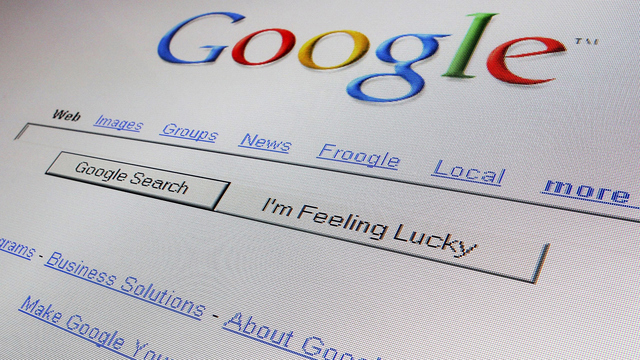AT&T and others, unhappy about extremist videos, are pulling ads from Google
On Wednesday, AT&T and Verizon, two of the largest advertisers in the USA, pulled their ads from all Google and YouTube services except for search.
While Google’s brand safety backlash initially appeared contained to the United Kingdom and European ad market, the announcements from major USA brands indicate it’s spreading quickly, which might spur the company to take more significant action or enact broader policy reviews.
AT&T, Verizon, Johnson & Johnson, GSK and Enterprise Holdings are among the US companies who have pledged to stop all ad spending on Google except for search. Verizon, while it did not mention Google or YouTube by name, said Wednesday that it would suspend “all digital nonsearch advertising inventory” after learning its ads “were appearing on nonsanctioned websites”, which presumably included ads on YouTube and websites in Google’s ad network. It has promised “a tougher stance on hateful, offensive and derogatory content” – not just on monetised content but what is permitted on YouTube in the first place – and that it will ensure ads only appear on the YouTube channels of legitimate partnered creators.
Schmidt said YouTube’s technology can see when disturbing content gets posted and the algorithms can shut it down or rather “de-rank it” – a process that takes more time.
Google’s ad troubles are becoming a bigger concern to Wall Street, but analysts have yet to go completely negative on the company because of it.
Problems for Google began over the weekend when advertisers in the United Kingdom began pulling ad content and other firms, including Havas – which handles promotions for Hyundai Kia and Domino’s – paused ads after finding spots aired alongside questionable videos. While Alphabet Inc (NASDAQ:GOOGL) has responded with commitments to improve ad control, a cascade of major brand boycotts for Google ad spend (mostly non-search) has emerged, raising concerns on 1Q/2Q results and the future of programmatic advertising.
Google is facing criticism and is under fire due to its advertising policies in the UK.
British drugmaker GlaxoSmithKline is also reported to have paused advertising on YouTube, and several other pharma subsidiaries are members of the British ad association ISBA which had expressed alarm last week. Most developed countries, with the notable exceptions of the US and New Zealand, prohibit direct-to-consumer marketing of drugs, limiting the potential for product marketing to appear next to inappropriate content on consumer channels like YouTube. “This change will enable us to take action, where appropriate, on a larger set of ads and sites”, he added.
Mr Cullen said that Core Media will now begin whitelisting and blacklisting sites and content on behalf of clients who are concerned about where their brands appear. It also plans to hire “significant numbers” of employees to review YouTube videos and flag them as inappropriate for ads.








